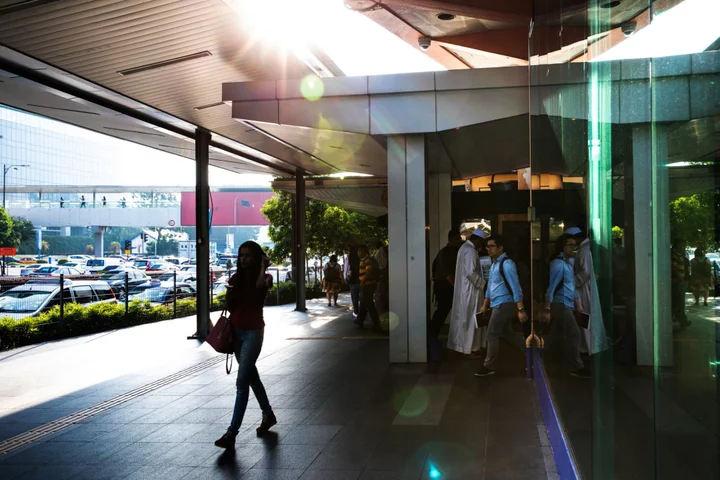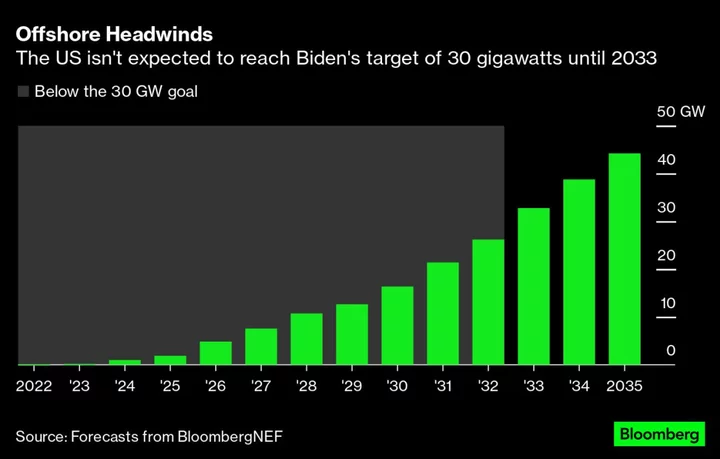Malaysia may experience drier weather than in recent years during the ongoing Southwest Monsoon season that’s set to run through September, according to the Meteorological Department, bringing little respite from the hot spell that’s engulfed the country.
The Southeast Asian nation may continue to see temperatures of up to 37C (98.6F) for at least three straight days on lesser rain, the weather office said in a written response to Bloomberg News. Such conditions, characterized as a Level 1 alert by the authority, prevailed in five districts as of Thursday.
Asia is in the grip of blistering heat over the last several weeks amid an emerging El Nino weather pattern. Temperatures soared to an all-time high in Vietnam and Laos earlier this month, while Singapore posted its highest temperature in 40 years at 37C on Saturday.
Still, strong winds and heavy rain in some parts of Malaysia will likely prevent the heat from worsening, the Met Department said. Malaysia defines a technical heat wave, or Level 2 alert, as temperatures of between 37C to 40C for at least three straight days.
MET Malaysia said “the potential to reach Level 2 (Heatwave) is small.” “However, Level 1 may happen especially in the outbacks because the days without rain outnumber days with rain.”
Malaysia has been protected from the worst of Asia’s scorching temperatures due to a combination of heavy rain and wind speeds of as high as 50 kilometers (31 miles) per hour over the west coast of the peninsular and west of Sabah, MET Malaysia said. The country’s all-time highest temperature of 40.1C was recorded on April 9, 1998, during the El Nino phenomenon.
The weather office said it is still prepared for the situation to worsen, given the potential for the dry weather to lead to open burning and haze.
Cross-border haze may also occur on the possibility of uncontrolled open burning and less rainfall in neighboring Indonesia, the Met Department said, as it outlined the worse-case scenario for Malaysia. Prolonged dry conditions could affect water levels in dams, while power consumption may climb on rising use of air-conditioners, it added.
The Southwest Monsoon Season is characterized by lesser rainfall, more dry than rainy days, and the squall line phenomenon. The squall line brings downpours, strong winds and lightning in some parts of Malaysia in the early mornings and could last several hours. Peninsular Malaysia and Sarawak is expected to be drier throughout the season, according to the weather office.
Even so, Malaysia’s Deputy Prime Minister Ahmad Zahid Hamidi said the government does not see a need to declare a heat wave emergency despite the country currently experiencing a spell of hot weather, local media reported Tuesday.
The authorities are monitoring the situation and the government may reconsider if the temperature reaches 40C, Zahid said after chairing the National Disaster Management Agency meeting.
--With assistance from Ravil Shirodkar.









